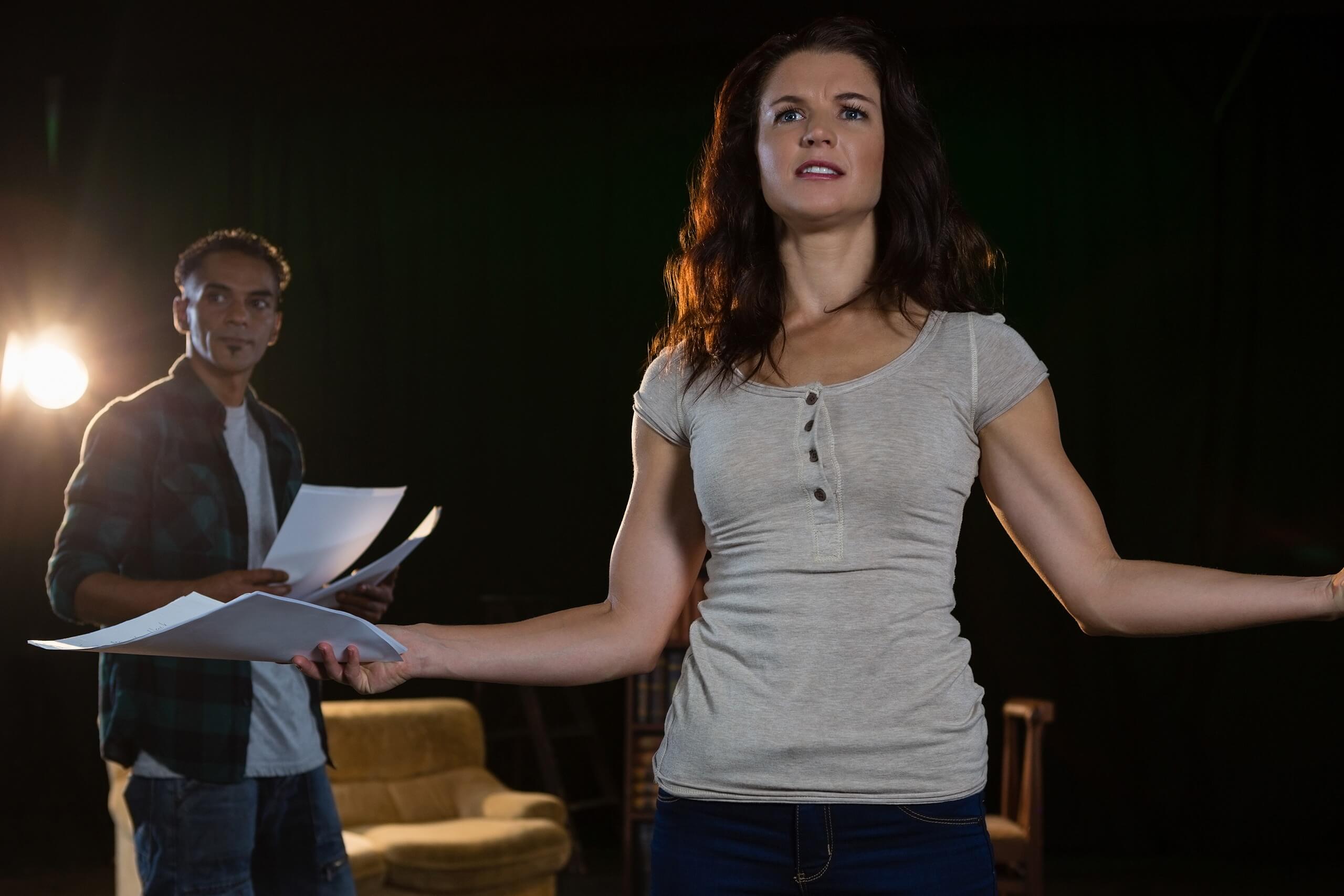
Sometimes simple tricks can be very effective tools when it comes to character development. These can range from drawing from memories and experiences to fleshing out the character on your own.
In the video below, Casting Director Erica Arvold and Acting Coach Richard Warner share exercises to help you and your fellow actors connect physically, sensorially, and emotionally with their characters. Some of these include giving thought to specific questions that can inform and inspire interesting three-dimensional performances.
Here are seven powerful tools for character development that can help you bring your characters to life at the drop of a hat.
Think About What Your Character Owns
What’s in the top drawer of your character’s dresser? What about what’s in their pocket or handbag? Think about the personal experiences and emotional memories attached these objects. Perhaps someone special once secretly gave them a ring, or a loved one sent them a handwritten note. Maybe they’re hiding a wad of cash they stole, or they shoved a dirty pair of socks in the drawer when an unexpected guest arrived.
The beauty is that none of these choices are wrong. You decide what your character has in their possession and what it means to them, and then think about these objects before starting your scene.
You might also consider what products might be in your character’s medicine cabinet? These can reveal ailments they tend to get (painkillers and antibiotics for headaches and illnesses), or how they are concerned with their appearance (self-care products like high-end cosmetics or messy toothpaste tubes).
Think About Your Character’s Diet
There’s plenty to learn about a character through his or her relationship with food. Eating is a grounding tool because we all must eat to live, and considering their diet and tendencies can help create a believable portrayal.
What is your character’s diet and what is your character’s eating habits? Does your character prefer to eat alone or with others? Do they give thanks before eating it, scarf down a burger quickly or use a napkin after every bite of an entree? What is their favorite food? What did they eat last and was their an emotional connection to their meal? Use this when you’re in the moment and given your choices, you might conjure a different performance than you imagined.
Get into Costume
Putting on a costume can have a tremendous effect on a performer. When you look the part, you often feel the part, developing a stronger connection to the character.
As Gary Oldman once said, “Costume is so important for an actor. It absolutely helps to get into character; it’s the closest thing to you, it touches you. Some actors like to go into make-up and then put their clothes on, but I like to dress first; that’s my routine.”
Does Your Character Have Unique Mannerisms?
Consider any physical gestures your character might use such as eyebrow-raising or head tilting. Do they have any notable vocal patterns or vocal qualities like mumbling or ending sentences with question marks? Are there hand habits such as nail biting or jingling coins in pockets. Does your character have upright posture or are they slouched? Also, how does your character laugh?
People-watching is a great way to discover which movements and habits best fit your character to deliver a physical connection to the character. Go out into the world and observe (try not to stare).
Write Out Your Character’s Backstory
Some actors like to create a character journal to help them understand their world. Michael B. Jordan is one who employs this character immersion technique for convincing portrayals.
Writing from their perspective, Jordan imagines his character’s earliest memory, documenting significant life events, personal memories and daily life occurrences. His character journals reveal the ways he feels misunderstood as Jordan jots down his present-day struggles. How many pages you choose to write is up to you, so let your creative juices flow.
What Music Does Your Character Listen To?
It’s easier to relate to a character if you know their favorite song. Find a piece of music or a playlist that fits your character—or a poem that you can post on your bathroom mirror or phone.
Study the words, lyrics and music and think about why your character adores this so much. What experiences could your character have had that the songs might conjure up?
What Cologne or Perfume Might Your Character Wear?
What aroma best fits your character?
Award-winning Indian actress Vidya Balan wears a different perfume for each of her characters as part of her acting process. “It’s very sensory,” she explains. “Sometimes when there’s a break in shooting and I go back to the shoot, the moment I wear that perfume, I think something happens; it transports me to that world.”
When it comes to lifting real life or fictional characters off the page, these seven tips can help you and your fellow actors deliver authentic performances and strengthen your rehearsal process. The more you practice these acting techniques, the greater your craft.
Want to get your acting career started? Sign up or login to Casting Frontier and start auditioning today!
You may also like:




